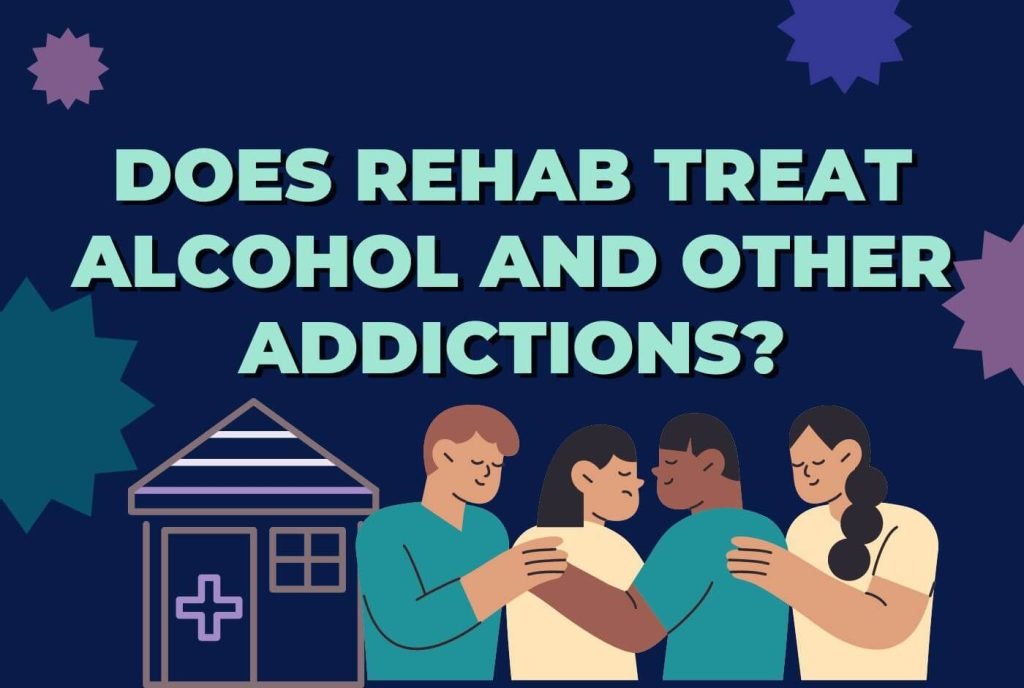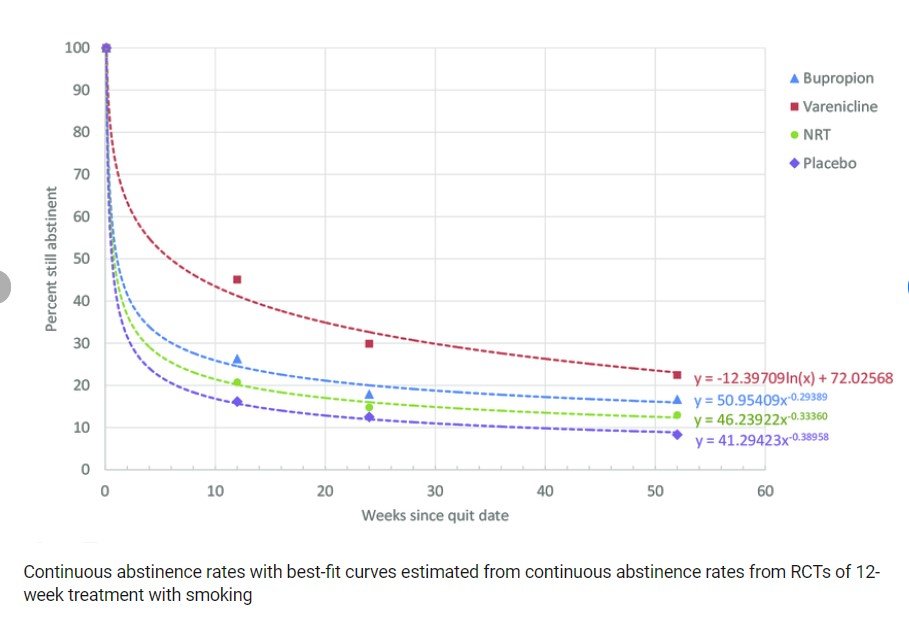Yes, rehab treats alcohol and other substance use addictions.
The National Institute of Drug Abuse (NIDA) report shows,
“Drug abuse and addiction cost American society more than $740 billion annually in lost workplace productivity, healthcare expenses, and crime-related costs.”
The societal costs of tobacco, alcohol, and drug abuse are nearly 6% of the nation’s income, which is quite alarming. According to a meta-analysis of 109 studies, individuals who complete rehabilitation programs are more likely to achieve long-term sobriety than those who do not receive any treatment.

So, it’s high time we didn’t delay in taking bold steps for alcoholism rehabilitation, especially concerning youngsters, to shed light on the path to recovery as well as the betterment of the nation.
How Does Rehab Treat Alcohol and Other Addictions?
Imagine a sanctuary, a place where you’re not alone in your battle against alcohol addiction, a place where experts and understanding hands reach out to guide you and encourage you on the journey to your addiction healing.
This is the essence of rehabilitation, also known as rehab, where you embark on a path of self-discovery and lasting sobriety. Generally, the key components of alcohol rehab include:
Detoxification
Detox is most often the first step in alcohol rehab. It’s a process of liberation, shedding the alcohol’s grip, and reclaiming control over one’s body and mind. This is mostly done within the first 24 to 48 hours of the last drink.
12-Step Programs
A 12-step program, like AA (Alcoholics Anonymous – a renowned support group), encourages the patient to seek support from a higher power and make amends for past actions. It mainly helps spiritual and personal development.
Cognitive Behavioral Therapy (CBT)
CBT is a widely used therapeutic program that helps one identify and change harmful behavior and other negative thoughts related to alcohol use. This therapy mainly helps in preventing alcohol relapse.
Medication-Assisted Treatment (MAT)
MAT programs consist of the use of medications, such as disulfiram, naltrexone, etc., to help manage alcohol cravings and reduce the risk of relapse. This program is often offered along with general therapy programs to help quick recovery.
Therapeutic Communities
These are inpatient or residential programs where patients live in the rehab temporarily for a particular day and participate in group therapies and activities. It largely helps in behavioral change through group dynamics.
Motivational Enhancement Therapy (MET)
MET is another alcohol rehab program. It is a counseling program that mainly helps in keeping one’s motivation to go ahead and make positive changes.
Holistic Therapies
Some alcohol rehab programs offer holistic therapies, such as yoga, meditation, acupuncture, and art therapy, to help with the physical, mental, and spiritual aspects of recovery.
Couple & Family Therapy
In some phases of alcohol rehab, family members are required in the treatment process to have family counseling. I know very well about this, as I went through one of the family therapies when my best friend was admitted to residential rehab. His therapist taught us how to talk and motivate them with patience and some other tactics to keep them motivated.
It mainly helps improve communication, resolve conflicts, and educate family members about alcohol addiction and recovery to support the patient.
Community Reinforcement Approach and Family Training (CRAFT)
CRAFT is another family-focused counseling program that aims to motivate a person with an alcohol use disorder to enter treatment. It involves teaching family members different strategies to encourage the patient to get family support as well as effective behavior change.
Aftercare Planning
A complete alcohol rehab program includes aftercare planning to support the patient as they transition back into their daily lives. This may include some outpatient treatments such as counseling after the rehab or support group participation, strategies to prevent relapse, etc.
Effectiveness of Rehabilitation in Treating Alcohol and Other Addictions
Numerous studies prove the effectiveness of rehabilitation in treating alcohol and other addictions.
The National Institute on Alcohol Abuse and Alcoholism (NIAAA) stated that
“People who participate in rehabilitation programs are four times more likely to abstain from alcohol for at least a year than those who do not receive treatment.”
So, the right time treatment can get you a healthy and improved sobriety life. Some of the important effects of rehabilitation on people with alcohol and other addictions are:
Improved Physical and Mental Health
Rehabilitation can lead to significant improvements in mental and physical health conditions for people with alcohol and other addictions. Studies show rehab can help largely in reducing depression, anxiety, and other mental health disorders.
Various therapies and medications containing rehab can help one get the tools and support for the betterment of life, breaking the cycle of addiction.
Reduced Risk of Relapse
Rehab offers a structured and controlled environment, minimizing exposure to triggers that may lead to relapse. Therefore, it can help reduce the risk of relapse, and in case one goes through relapse, the tactics and positive mindset after getting rehab treatment can help cope with such relapses.
Enhanced Quality of Life
A study by The University of Tokyo Institute for Future Initiatives shows the real meaning of quality of life (QOL) in medical terms. The study shows,
“People who received rehab treatment for alcohol and other addiction had less physical movement and less anxiety in daily life and had a higher quality of life.”
Rehab helps bring positive changes in the daily activities of life, resulting in a good quality of life. Alcoholism rehabilitation can help individuals learn to rebuild relationships and make new connections.
Stronger Social Support Network
Various rehab centers offer participation in different support groups to get help and experiences regarding essential parts of coping with addiction disease and other mental health diseases, relapses, and being sober ahead.
During and after the challenging and tiring rehab journey, support groups work as a lifeline. The table below shows some of the most well-known groups-
| Support Groups | Specialties |
| Alcoholics Anonymous (AA) | Worldwide availability |
| Al-Anon and Alateen for family members | Online availability |
| Women for Sobriety for women | Online & offline programs & meetings for women |
| Celebrate Recovery | Christ-centered, Zoom & Facebook meetings & Live |
| Chemical Dependent Anonymous | State availability |
| Cocaine Anonymous | 12-step programs only |
| SMART Recovery | 12-step but self-help program |
| Crystal Meth Anonymous: | State availability |
| Moderation Management | Worldwide & teletherapies |
| Pills Anonymous | Worldwide 12-step programs |
| Chemical Dependent Anonymous | State availability |
| Life Ring Secular Recovery | Both online & offline availabilities |
Increased Employment Opportunities
A healthy and improved sober life can open the door to more employment opportunities. People seem to prefer hiring those who have gone to rehab compared to the one who has never taken treatment for once staying addicted.
So, if you take rehab treatments, you might be on the list of preferences in case of job opportunities.
Improved Financial Stability
Alcohol addiction and other addictions can cost a lot of money than any other luxurious life expenses. A study by Addiction Group Statistics shows,
“Even if you drink the cheapest alcohol, you could be spending an average of $200 to $300 a month on alcohol if you drank alcohol every day. This adds up to around $2,400 to $3,600 a year.”
Other studies have shown that rehab can lead to reductions in hospitalizations, emergency room visits, and other healthcare services.
More Abstinence Rates

Figure 1 Source: Research Gate
Different studies have shown that people who participate in rehab are significantly more likely to be abstinent from alcohol and other addictions compared to those who do not receive rehab treatment.
Rehab treatment programs and therapies help learn the tactics to cope with critical situations and challenges against addiction.
Personal Stories from People Who Have Successfully Completed Rehabilitation
According to the Substance Abuse and Mental Health Services Administration (SAMHSA),
“Participation in treatment is associated with significant reductions in alcohol use and improved overall functioning.”
However, if we take a look at the life of the famous ‘Spider-Man’ star Tom Holland, who used to be an alcohol addict and was nowhere to set himself into social meetups without drinking. But now after leading his sobriety life, he has opened up about his healthy and enjoyable life.
Another name not to mention is everyone’s favorite singer Eminem, who almost died in an accidental drug overdose. But he was in rehab and celebrated 12 years of sobriety in April 2020.
The Rapper Nicki Minaj opened up about her sobriety life on Twitter in 2022. According to USA Magazine, she tweeted about this.

Even former Phillie Pat Burrell has been sober for five years and now has found his place in baseball again.
Remember the Iron Man and Avengers movies? Iron Man star Robert Downey Jr. was arrested several times for drug-related charges, but after attending a rehab treatment in California, he has been living sober.
While the effectiveness of rehab treatments can vary from person to person, various research navigates to positive outcomes for those who engage in alcohol rehabilitation or other addiction treatment programs.
Hopefully, now you are aware of how rehab treat alcohol addiction and other substance use disorders. According to the World Health Organization (WHO),
“Harmful use of alcohol results in 3.3 million deaths annually worldwide”
Alcohol addiction can lead to low self-esteem, while rehab help alcoholics develop a positive self-image and regain confidence in life. And, the goal is not only to address the physical effects of addiction but also to explore and resolve the underlying psychological factors.
- What to Pack for 30-Day Rehab? FREE Checklist - May 30, 2024
- Types of Outpatient Rehab: Difference One Should Know - March 28, 2024
- Truth Behind FMLA: Hidden Hurdles of Alcohol Rehab Leave - March 28, 2024